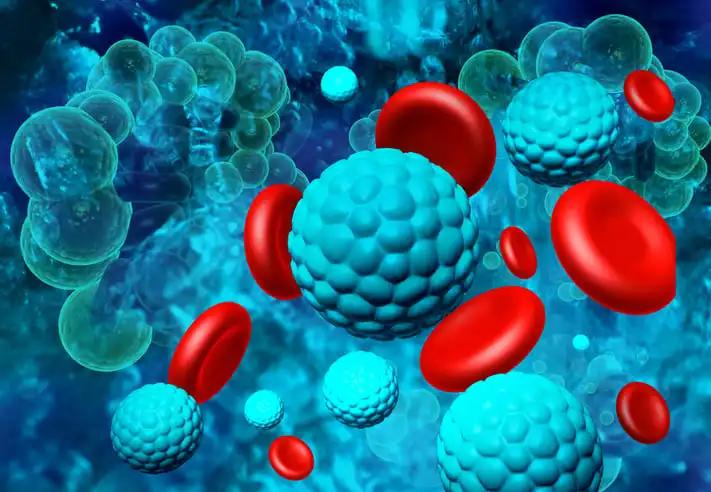KEY TAKEAWAYS
- The phase II trial aimed to investigate the impact of PD-1 ICIs-based immunochemotherapy on renal function and efficacy in pts with MIBC and renal insufficiency in the short term.
- The data was analyzed from the TRUCE-01 trial, including patient information, imaging, and SCr levels.
- The study found PD-1 immunotherapy was safe for MIBC pts with renal insufficiency, but its effect on eGFR needs further study.
PD-1 ICIs are promising new treatments for bladder cancer, but their safety in patients (pts) with renal impairment is still a concern. Researchers aimed to investigate the impact of PD-1 ICIs-based immunochemotherapy on renal function and efficacy in pts with muscle-invasive bladder cancer (MIBC) and renal insufficiency in the short term.
The study utilized data from the TRUCE-01 trial (NCT04730219), a phase II study of tislelizumab-based immunochemotherapy for MIBC pts. They analyzed patient data, including demographics, efficacy assessments, and serum creatinine (SCr) levels at baseline after each treatment cycle (C1, C2, and C3). Using the CKD-EPI formula from 2009, the estimated glomerular filtration rate (eGFR) was estimated. Pts were categorized based on baseline eGFR following the K-DIGO 2012 guidelines for chronic kidney disease (CKD).
The study included 74 pts with a median age of 69.5 years (IQR 61.7-75.0), with 56 (75.7%) male. The median SCr level at baseline was 77.4umol/L (IQR 67.8-96.6), and the median eGFR was 84.6 mL/min/1.73 m2 (IQR 63.6-94.0). At baseline, 25 pts were classified as G1 (eGFR ≥ 90), 36 as G2 (eGFR < 90 and ≥ 60), 12 as G3 (eGFR < 60 and ≥ 30), and 1 as G4 (eGFR < 30 and ≥ 15). No significant eGFR differences were observed in CKD G1-2 pts compared to baseline after completing C1, C2, and C3 of treatment (All P> 0.05). In CKD G3-4 pts, there is a notable improvement in eGFR after C1 (P= 0.087), C2 (P= 0.046), and C3 (P= 0.114) compared to baseline, as determined by the Wilcoxon test, with a similar trend in Repeated Measures ANOVA (P= 0.082). Out of the 48 (64.9%) pts who received three cycles of ICIs and underwent surgery, 24 (50%) had radical cystectomy (RC), while the rest underwent maximal transurethral resection of bladder tumor (TURBT). Both radiographic and pathological assessments were conducted for efficacy evaluation, with no statistically significant differences observed between Group G1-2 and G3-4 (P= 0.772).
The study found PD-1 immunotherapy was safe for MIBC pts with renal insufficiency, but its effect on eGFR needs further study.
Source: https://ascopubs.org/doi/abs/10.1200/JCO.2023.41.16_suppl.e16608
Clinical Trial: https://clinicaltrials.gov/study/NCT04730219
Hong Zheng Li, Yuanjie Niu, Hailong Hu, Zesheng An, Chong Shen, Zhouliang Wu, Yunkai Qie, Houyuan Chen, Gangjian Zhao, Shiwang Huang, Yiduo Bai, Shizheng Guo, Peng Li, and Yuda Lin. DOI: 10.1200/JCO.2023.41.16_suppl.e16608 Journal of Clinical Oncology 41, no. 16_suppl (June 01, 2023) e16608-e16608.



